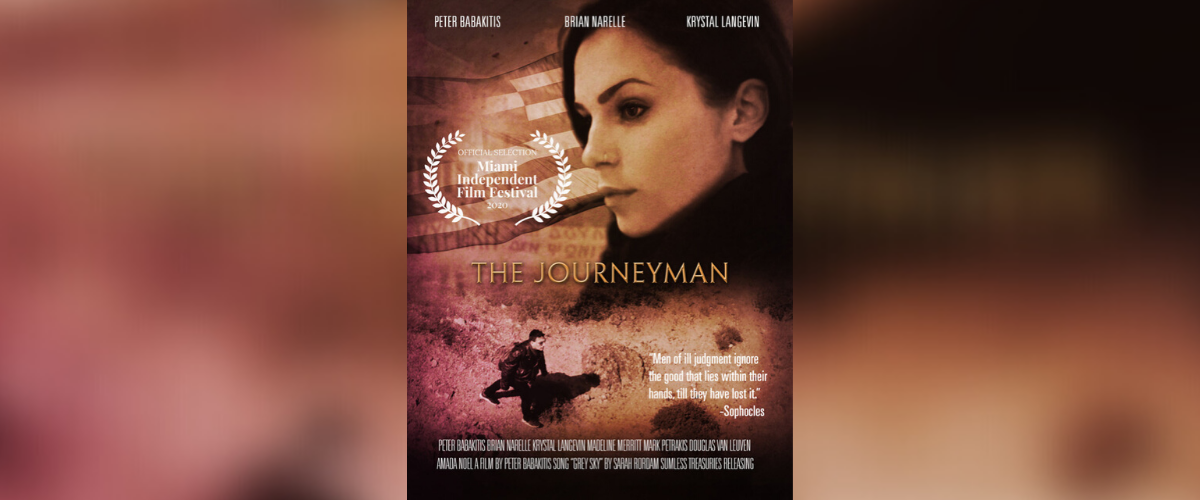
Every video game nowadays has a story, follows a plot, and eventually becomes a narrative that builds up as it develops. ‘The Journeyman’ reminded us of such games that are more than meets the eye, and that one may find incredibly inspiring in the end. In Peter Babakitis’s film, the main character gains the well-deserved focus, all the more so since his actions are always surprising. Now we are going to say it directly – this film has the stealthy vibe of ‘Hitman,’ and the narrative style of ‘Max Payne’, two video games of the same genre that proved to be great inspiration for movies.
One subtle aspect of ‘The Journeyman’ is the interior monologue of the main character, narrating the whole course of the action for himself, giving the movie a wholesome perspective and a new key of interpretation through the words of the protagonist. This technique comes in handy as the story has different ramifications and sometimes tends to get out of hand. For us, there were some moments when the dialogue became a little bit vague, but thanks to the monologue, we found the right path of the story. The feature focuses on a conspiracy theory that tends to be accurate but has one thousand reasons to seem like it is not. Lawrence is a spy who fights to find the truth regarding a bank fraud that goes deeper and deeper with every passing day. His actions are not without echoes, and soon enough, he will find trouble in his way. At the ideal time, Ariana, a young activist woman who finds herself fighting the same war as Lawrence, shows up. The two are trying to get to the end of a conspiracy that could ruin the economy of several states for good.
As in the famous movies that inspired us over the past couple of years, here we can also find some elements that are not only well deserved, but also well received, reason why they are not as much of a surprise as one would expect. First is the 007 type, a man who has the power to fight, all by himself, against a Hydra system that seems to be unbeatable. Then, we have the power couple – they both fight for justice, and they meet at one point with the sole purpose to put in practice the “four hands are better than two” saying. The unexpected twist represents the third element – sometimes, it is just one. Other times there are several scenes that ignite the whole narrative. And finally, the fourth one is the ending that fortunately puts the cherry on the top, while leaving some room for interpretation and further discussions.
In ‘The Journeyman’, there is this constant vibe of experimental film, and that is not bad, but this kind of technique may be difficult for the average viewer to follow for nearly one a half hour. The shaky camera moves, the overall noise, and the unscripted moments are all there in plain sight, changing the output of this film. Babakitis juggles nicely with all the resources he has in hand, foregrounding the personal tone of the feature.
TMFF RATING:










